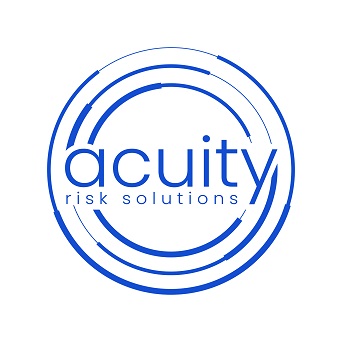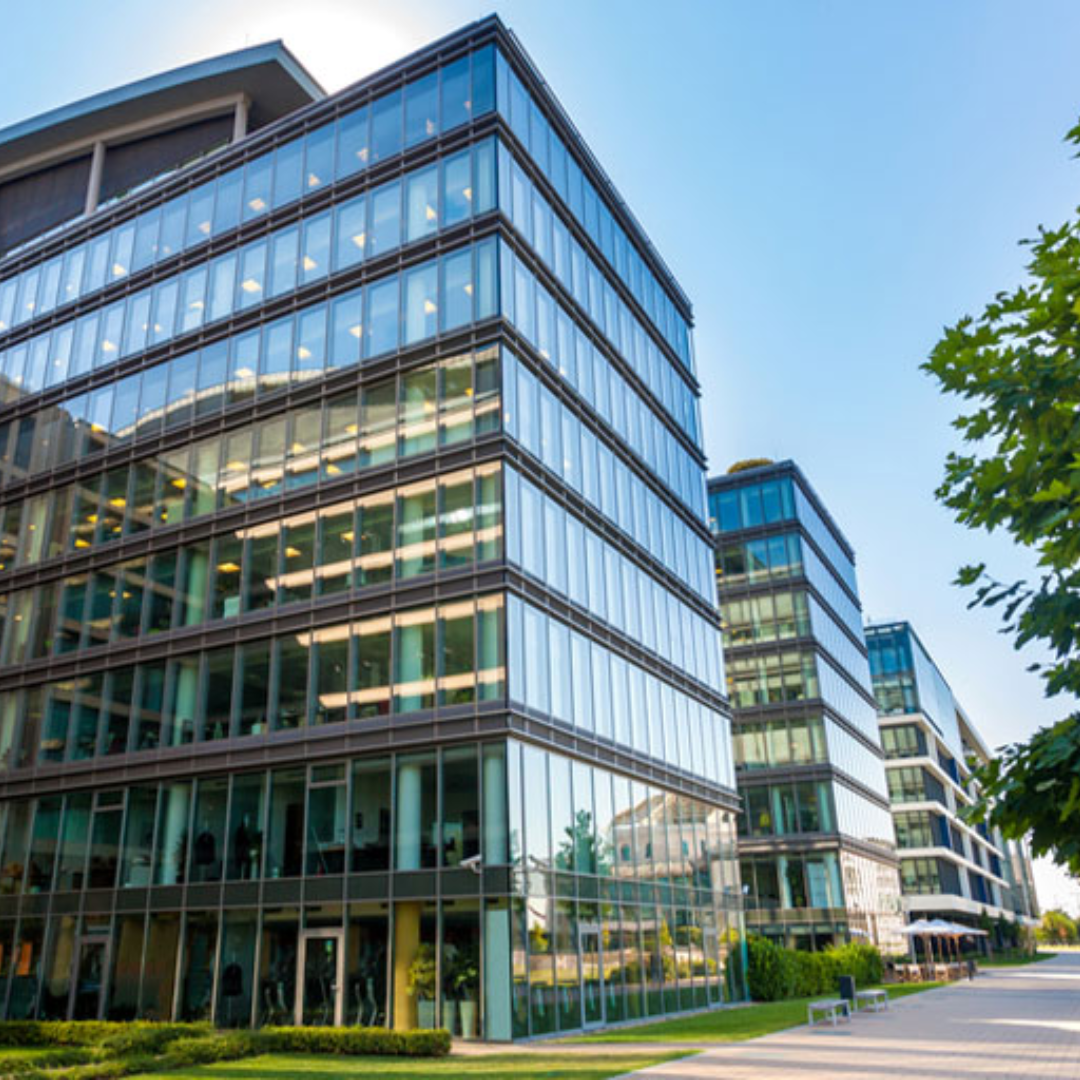As a commercial property owner, it is important to understand your responsibilities and ensure that you have the right insurance coverage to protect your property against potential damages.
Unoccupied buildings
During the pandemic, commercial buildings were often unoccupied temporarily or indefinitely. Protecting your unoccupied building means managing the risks to your asset’s value. These could include fire safety, injury to visitors or trespassers, malicious damage such as graffiti and material theft and rubbish dumping.
Insurers regard an unoccupied building as separate from one that’s vacant, and usually have specific limits on how long premises can be unoccupied before the cover is voided, The standard is 90 to 120 days.
Environmental & climate risks
More extreme weather may impact your commercial premises, depending on its location. Protect your premises against the key environmental and climate risks, such as floods, bushfires, severe wind and hail storms, that can cause excessive damage to your property and equipment.
Protecting your business property against electricity/fire
An electrical fire can start on your commercial premises due to a variety of factors, such as faulty appliances, overloaded power boards, overheating of equipment and faulty wiring or fuse box. As well, cooking equipment, human error, boilers, water heaters and furnaces also present fire risks.
Commercial property owners and managers are responsible for making sure their buildings comply with relevant fire safety regulations. Ensure the fire management system is maintained, tested and updated. Organise regular fire drills, staff training and adequate fire-fighting equipment on hand, such as appropriate extinguishers and fire blankets.
Your responsibility as a commercial property owner
Typically, you’ll need to take care of the building and all public and common areas, and shared services and equipment. You will also be responsible for maintaining the buildings’ operational, such as ventilation, fire-safety systems, etc. that support tenants.
While your leasing agreement may have delegated some responsibilities to tenants, you still have oversight. Ensure they discuss any alterations to the building and, where needed, check with a certified practitioner. You may wish to be explicit in the lease to prohibit sub-letting and specific activities, such as illegal businesses.
What commercial property insurance covers
A standard commercial property insurance policy protects your business from damage to the building structure, its utilities and services, and structural improvements you’ve made. That cover could extend to portable buildings and shipping containers usually housed on the site and their contents.
It typically covers fire, lightning, storm damage, accidental or malicious damage, industrial accidents, explosions, and natural disasters such as earthquakes.
If you would like to know more about managing your commercial property risks, please CLICK HERE, or contact us for more information.

